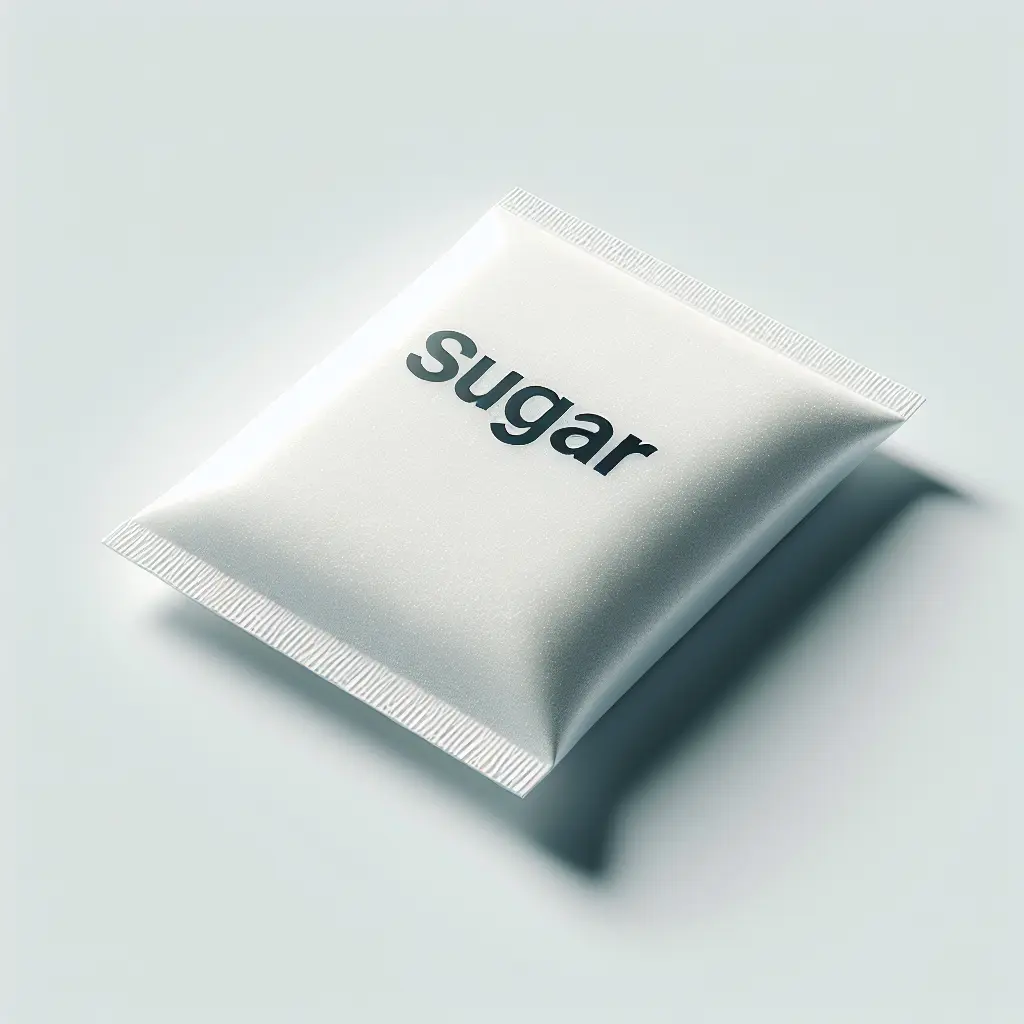White Sugar: A Closer Look
White sugar, a type of refined carbohydrate, is derived from sugarcane or sugar beets. It consists primarily of sucrose, a disaccharide composed of glucose and fructose. White sugar is commonly used as a sweetener in beverages, baked goods, and processed foods.
Nutritional Value of White Sugar
One serving packet of white sugar (about 4 grams) provides:
- Calories: 11
- Protein: 0 grams
- Fat: 0 grams
- Carbohydrates: 2.8 grams
- Fiber: 0 grams
- Sugar: 2.8 grams
As evident from its nutritional profile, white sugar is a source of empty calories with no significant nutritional value. It provides energy but lacks essential vitamins, minerals, or fiber.
Potential Health Effects of White Sugar
Excessive consumption of white sugar has been linked to various health concerns, including:
-
Weight Gain and Obesity: White sugar is high in calories and can contribute to weight gain if consumed in large amounts. Obesity is a risk factor for chronic diseases such as heart disease, stroke, and type 2 diabetes.
-
Dental Caries: Sugar can feed harmful bacteria in the mouth, leading to tooth decay and cavities.
-
Type 2 Diabetes: Studies have shown a link between high sugar intake and an increased risk of developing type 2 diabetes. Excessive sugar consumption can impair insulin sensitivity, leading to elevated blood sugar levels.
-
Cardiovascular Disease: High sugar intake may increase inflammation and raise triglycerides, both of which are risk factors for cardiovascular disease.
Controversies Surrounding White Sugar
The debate over the health effects of white sugar has been ongoing for many years. Some argue that it is a harmless ingredient that can be enjoyed in moderation, while others believe it should be strictly limited or avoided.
One major controversy concerns the use of white sugar in processed foods. Critics argue that food manufacturers add excessive amounts of sugar to products to enhance their taste and appeal, contributing to overconsumption and health problems. They advocate for stricter regulations and labeling requirements to inform consumers about sugar content.
Conclusion
White sugar is a source of empty calories with little nutritional value. While it can add sweetness to foods and beverages, excessive consumption has been linked to various health concerns. It is important to limit the intake of white sugar and opt for healthier alternatives such as natural sweeteners or fruit. Informed decision-making and moderation are key to maintaining a healthy diet.
How many calories are in White Sugar?
Each 1 serving packet of White Sugar contains 11 calories.
White Sugar Nutritional Information
| Nutrient | Amount per 1 serving packet (2.8g) |
|---|---|
| Calories | 11 Calories |
| Protein | 0g |
| Fat | 0g |
| Saturated Fat | 0g |
| Cholesterol | 0mg |
| Carbohydrates | 2.8g |
| Dietary Fiber | 0g |
| Sugar | 2.8g |
| Sodium | 0mg |
| Potassium | 0.0001mg |
| Calcium | 0mg |
| Iron | 0mg |
